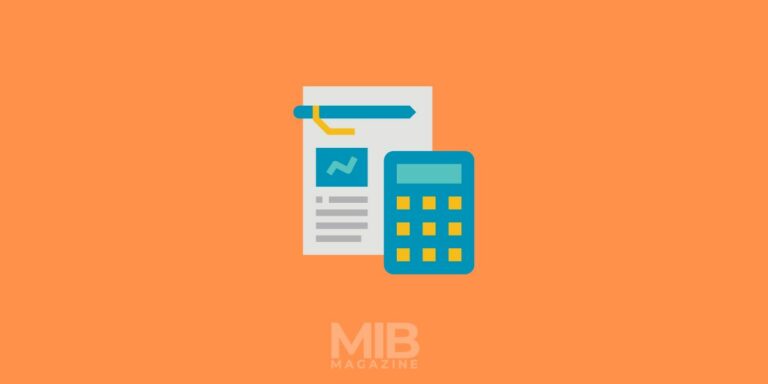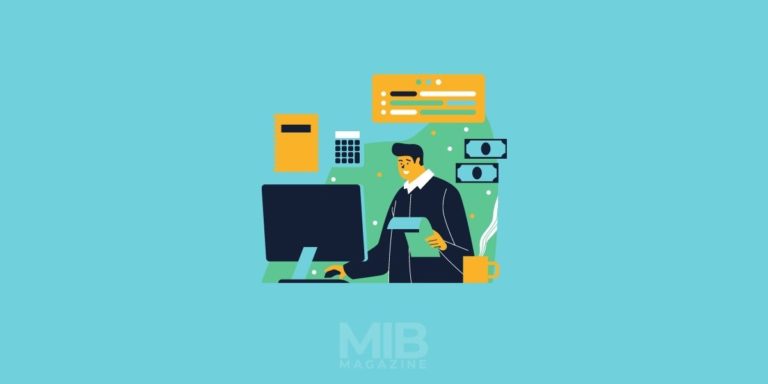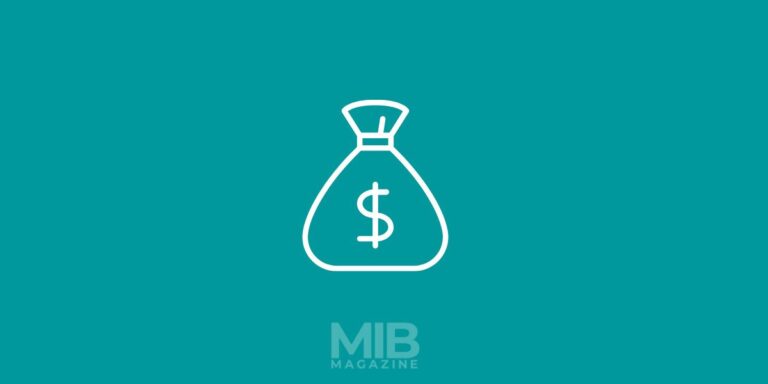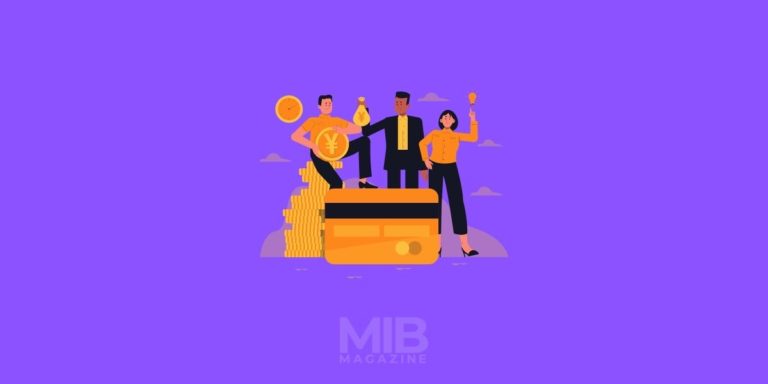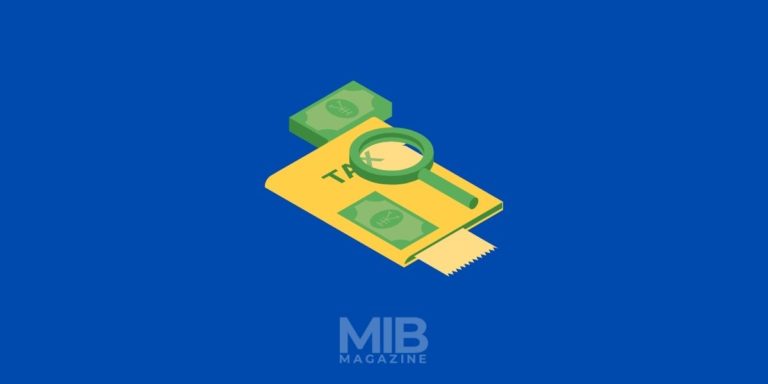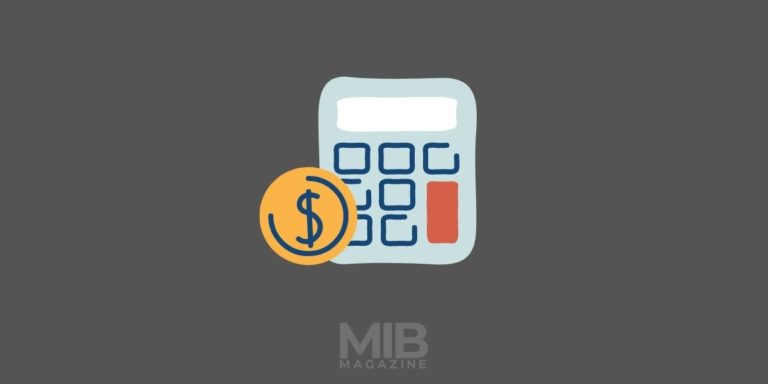Credit Card Tips for Beginners

Many people choose credit cards these days as a mode of payment due to their convenience of use and the feeling of financial freedom it provides. With credit cards, you need not worry if you have the money in your pocket at the time of purchase. As long as you are keeping it within your credit limits, you are good to go. Credit cards are a popular financial product at present. However, along with all the positives, a credit card can provide you with, you are more prone to accumulate more debts compared to what could happen if you paid in cash or took a loan, for that matter.
Using credit cards leads to an unhealthy practice for people often, where people end up spending on unnecessary things at times that they could have avoided if paying in cash was their only option. You must be careful in spending using credit cards as you will generally lose track of the amount you have spent on your credit card each month. You could follow a few tried and tested tips to use your credit cards wisely and keep you out of debt. Some of those tips are as follows:
Know your credit card
Knowing your credit card and understanding its terms and conditions is essential in ensuring that you stay away from the debt. Understanding the payment terms, the billing cycle, the interest rates, and all other details can help you keep track of your payments and, in turn, be debt-free. The interest rates of different banks are different, so try to know the different interest rates your bank is providing for the credit card.
The credit card provider generally provides several documents along with your credit card for the first time. Read all the documents and agreements thoroughly to ensure that you do not miss out on any information. Some important things to keep in mind during this are the timelines for charging the late payment fees, any special fees, additional charges, and more. Timelines for the increase in the interest rates should be taken into account.
You might have taken a card that does not charge any additional fees initially, but after a specific time, it might ask you for a usage charge. Many banks do not give any warning before they charge the additional fees, so it is better to be safe than sorry.
On a personal front, you can avoid being in debt with the usage of your credit card. For this, ensure that you use your credit card only for emergencies if possible, such as Medical emergencies, clearance of medical bills, household item repairs, or situations where you do not have the cash to pay for some things you need. You must avoid purchasing luxury products and retail items, especially when you are a shopaholic.
Multiple Accounts can be difficult to handle
If you have multiple credit accounts, it might get even messier for you if each of those accounts is not well managed. If you are in a good position financially, you can go ahead and have multiple credit accounts, but otherwise, it is not a great idea.
Considering that the payment dates for each of your credit cards are not the same, you will be in debt at different times of the month, and if not managed properly, you will practically be in debt throughout the month. The late payment fees and the interests keep accumulating if you delay payments and your situation goes out of hand.
You should keep to one card and make timely payments to avoid all issues related to non-payment of dues. In the process, your credit limit will and your credit score will also be good. Moreover, financially you will be in a secure space. If you require more financial security, it will not be an issue for you.
Make timely payments
As already mentioned, timely payments can take you a long way in saving up and staying away from debts. Having a clean slate every month on or before the due date is a great idea. If you have the means, you should always pay off the outstanding amounts on your credit card on or before the due date. It will help you in paying large sums in terms of late fees and bank interests.
Every month you have an amount pending in your bank credit card account, you are supposed to pay interest to the bank. If you keep calculating the amount paid each month as interest, the amount goes up to a large sum. You can avoid paying this amount by making regular and timely payments of dues. Furthermore, it is a good habit to make your payments on time and not defer the dates. Plan ahead, know the statement generation dates and due dates for payments on your credit card, and stay out of debts.
Spend only within your means
You have a credit card, and you do not need to make large cash payments to merchants. You can pay off the credit card bills when you have the money. However, do not go overboard with the payments. Know what you can and cannot payback. Understand what is required and what falls under non-essential for you. Spending within your means and making only the necessary purchases can be a good option for you to spend healthily on your credit card. A credit card should always be considered as an emergency fund and not as a mode of regular payment.
If you cannot pay off your balance in full for a month, at least try to pay off something more than the minimum balance due, or do not make such financial commitments in the first place. Staying within your limits in terms of credit card expenditure can be a healthy habit for all. You alone can stop yourself from overspending and going into debt due to non-payment of credit card dues on time.
Do not go beyond your credit limit
The bank provides a credit limit for each credit card. You must never go overboard with your payments and go beyond your credit limit. Keeping your expenditures under control is one thing, and going beyond your credit limit is another. Going beyond your credit limit can prove to be lethal for you financially. Random expenditure on your credit card can lead to you spending over your credit limit.
You can avoid it by restricting yourself to making fixed payments such as house rent, gym memberships, phone and utility bills, and the like. If you are a shopaholic, it is better to leave your credit card at home when you go shopping. It can help you avoid tempting overspending situations. Keep a low utilization of your credit, and it will enhance your credit score. You will also be eligible for better credit limits and credit card upgrades.
Even though many credit cards have cash limits, avoid drawing money out of your credit card in cash. It becomes a habit, and when you do not have the cash in hand, utilizing your credit card to get the cash can put you in financial trouble for the future.
Conclusion
Trying not to use a credit card at all when you have one is not a great idea. So, you must ensure that you stay organized in using your credit card for certain expenses. Record and note down your payments and try to cut down on unnecessary expenses each time. As and when your credit limit is enhanced, you must handle the situation with care and become a more responsible and healthy spender.
Keep an eye out for promotional offers and rewards on your credit cards. It can help you in saving big for you. In case of an unfortunate situation where you lose your credit card, report and block it immediately to avoid its misuse. Use your credit card wisely.
FAQs
A credit card is a type of payment card that allows users to borrow funds from a issuing financial institution against a predetermined credit limit.
Credit cards offer convenience, the ability to earn rewards, grow credit history and build credit score, protection from fraud, and the ability to finance large purchases.
Yes, it is highly recommended to pay off your credit card in full and on time each month to avoid interest fees, late fees, and late payment damage to your credit score.
To avoid overspending with a credit card, be sure to create and stick to a budget and set spending limits. Also, set up alerts so you know when a bill is due and when your limit is approaching.
Credit cards carry the risks of overspending, getting into debt, damaging credit score if payments are not made on time, and the potential for fraud or identity theft.
When opening a credit card, be sure to compare offers and interest rates, read the terms and conditions and know the fees associated with the card, understand how credit works, and be aware of how late payments can affect your credit score.
To protect your credit card from fraud, be sure to use secure payment systems, monitor accounts regularly, keep your credit card secure and never share personal information, and use fraud protection services.
Yes, many credit cards do offer rewards. Rewards can vary, but some of them include cash back and points earned for spending at specific retailers.
The best way to use a credit card responsibly is to pay off the balance in full and on time each month, stick to a budget and set spending limits, and use the card for only necessary purchases.
A debit card is linked to an existing bank account and allows purchasers to spend the funds within the account, whereas credit cards allow users to borrow funds from the issuing financial institution with a predetermined credit limit.

